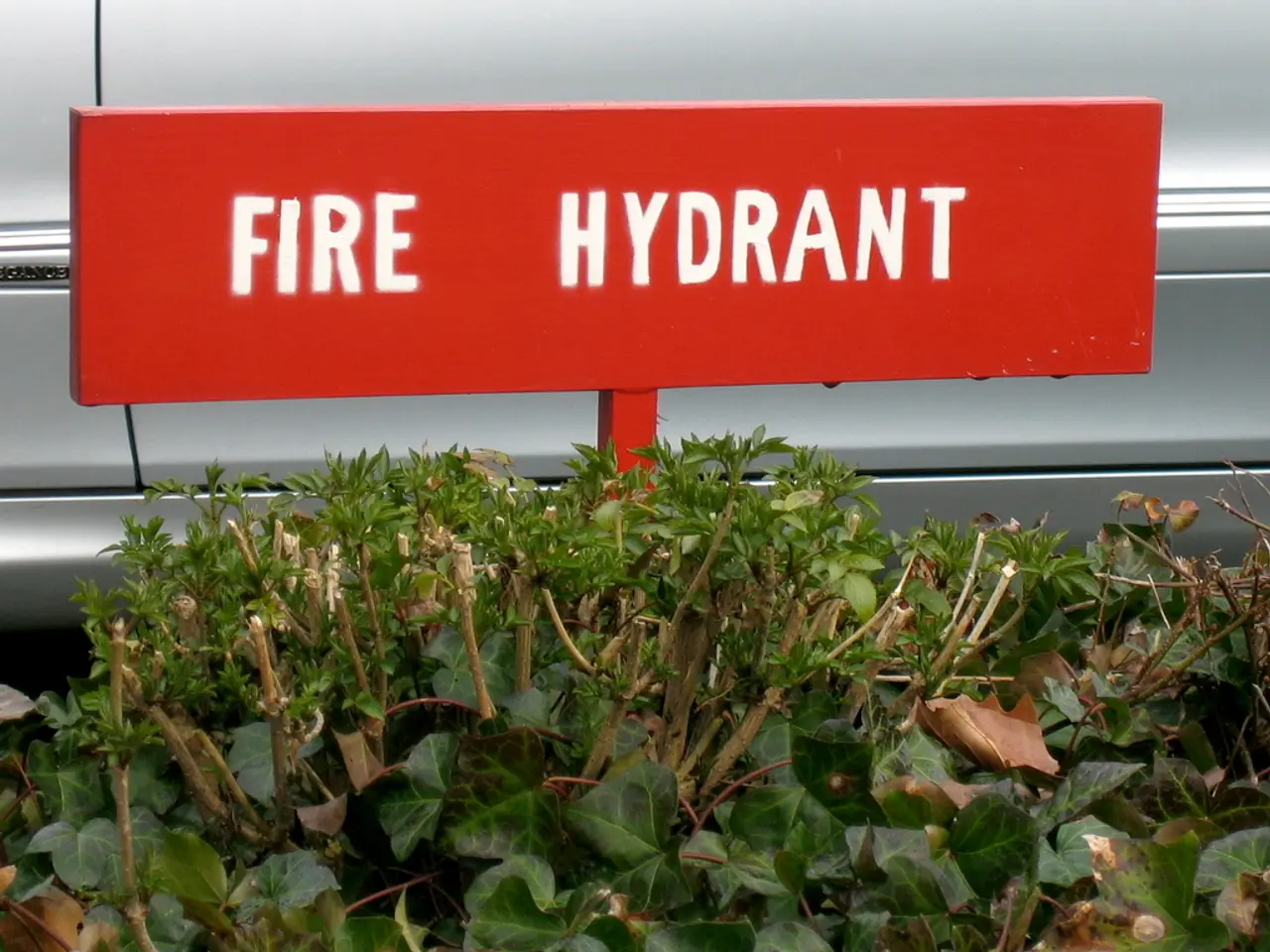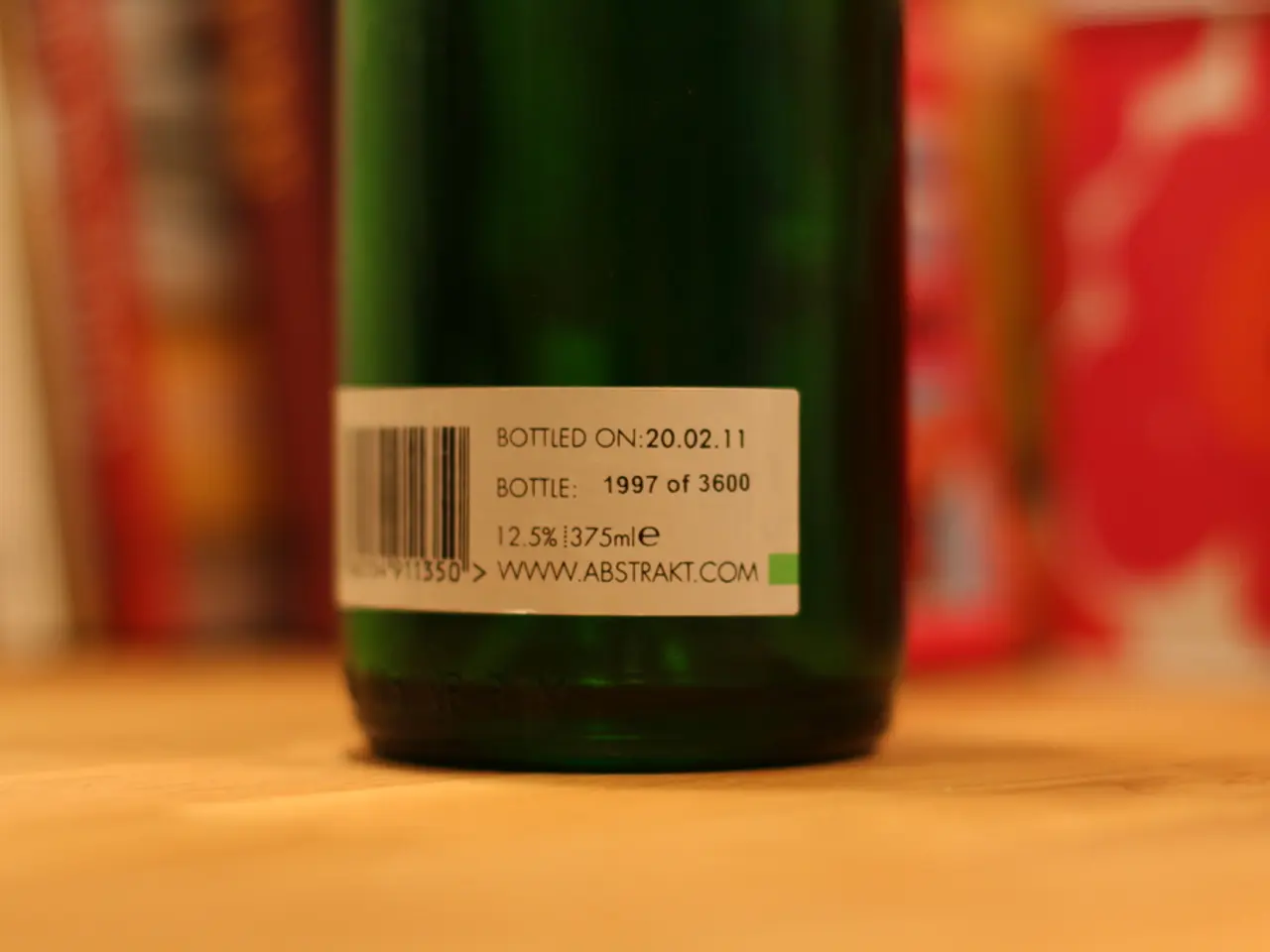"Top 6 Healthy Garden Hoses, Lead-Free and Safe for Consumption"
In the world of gardening, knowledge is power. Gone are the days when conventional hoses posed hidden health risks due to their harmful chemical content.
Traditional garden hoses can pose health risks because many contain harmful chemicals such as lead and phthalates that should not be ingested. These chemicals can leach into water that comes into contact with the hose, especially if the water stands in the hose for some time or if the hose material breaks down.
To minimize these health risks, garden hoses made from or containing lead, phthalates, or BPA (bisphenol A) should be avoided. Instead, hoses made from 100% rubber or polyurethane are considered safer choices because they do not contain elevated levels of harmful contaminants like lead, bromine, or antimony. These materials are rated as drinking-water safe and free from toxic chemicals often found in cheaper hoses.
Choosing hoses made specifically for safe drinking water use will reduce exposure to these hazardous chemicals. However, even hoses labelled as "drinking water safe" have been found to contain harmful substances. The Ecology Center in Ann Arbor, Michigan, analyzed multiple garden hoses and found that some labeled as such contained lead, bromine, antimony, and phthalates.
The presence of these chemicals in garden hoses isn't just a concern for those using hoses for drinking water. If you're thinking, "I'll just use it to water my plants," think again. These chemicals don't just disappear; they can accumulate in the soil and, eventually, in your plants. For those growing vegetables, this means your "healthy" homegrown produce might come with a side of toxins.
Chlorine, cadmium, antimony, bromine, arsenic, and phthalates are some of the harmful substances found in garden hoses. Chlorine and chlorinated compounds can react with water to form harmful byproducts. Cadmium, a heavy metal, causes cancer and organ damage. Antimony, used in manufacturing processes, is linked to liver and kidney damage. Bromine, used as a flame retardant, can disrupt endocrine function. Arsenic, a well-known toxin, contaminates some hose materials.
Phthalates, a group of chemical compounds, are commonly added to plastic products like garden hoses to increase flexibility and durability. These chemicals make hoses pliable enough to coil and uncoil easily, but their use comes with significant health concerns. Phthalates are endocrine disruptors, meaning they can interfere with the body's hormone systems.
High levels of contaminants in many PVC hoses were attributed to the use of recycled electronics in their production. Phthalates and BPA, often found in PVC hoses, are endocrine disruptors. Another study published in Environmental Health Perspectives linked these chemicals to hormone imbalances, fertility issues, and even certain cancers.
Lead, a heavy metal with a notorious reputation, can be found in the materials and fittings of garden hoses. When water flows through hoses containing lead, especially if left in the sun or if the water is hot, the lead can leach into the water. Lead exposure, even in small amounts, can have severe consequences, especially for children. According to the CDC, lead poisoning can affect nearly every system in the body and is particularly harmful to brain development.
In summary, it's crucial to choose non-toxic garden hoses without heavy metals to ensure a safer gardening experience. Opt for hoses made from 100% rubber or polyurethane, materials that are rated as drinking-water safe and free from toxic chemicals often found in cheaper hoses. By doing so, you can reduce your exposure to these hazardous chemicals and protect your health, as well as the health of your plants and the environment.
- In light of the health risks associated with conventional garden hoses, it's prudent to opt for eco-friendly alternatives free from harmful chemicals.
- With concerns about lead, phthalates, and BPA, choosing garden hoses made of 100% rubber or polyurethane seems to be a safer choice for health-and-wellness.
- When selecting a garden hose, remember that even "drinking water safe" hoses may contain harmful substances like chlorine and antimony, as findings from the Ecology Center indicate.
- As some chemicals accumulate in soil from hoses, it's essential to consider the long-term effects on our home-and-garden produce and overall environmental-science.
- To minimize exposure to these hazardous chemicals, it's crucial to limit the use of PVC hoses due to their high levels of phthalates and BPA, which are endocrine disruptors.
- In addition to the health effects of lead, certain chemicals like cadmium, bromine, and arsenic, which are found in some garden hoses, can pose risks to our food-and-drink supplies and even cause organ damage.




